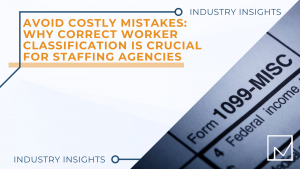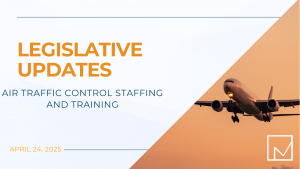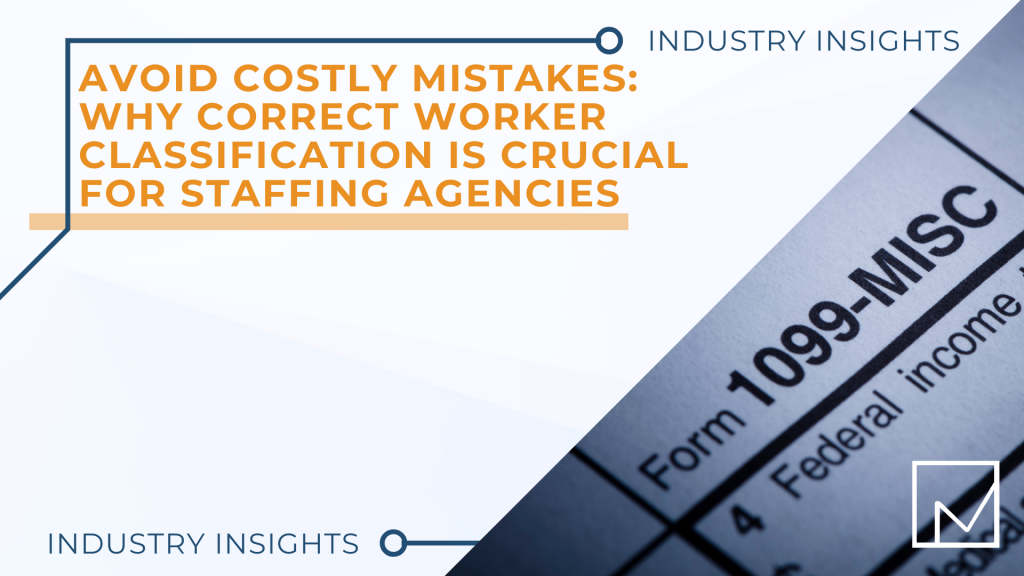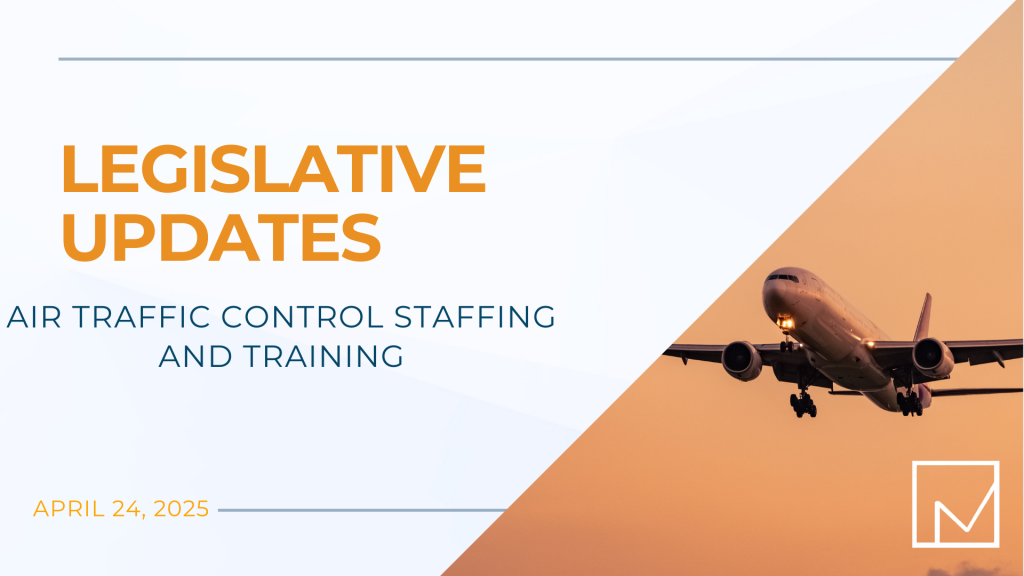Staffing firms handle a variety of employment types, from temporary and contract roles to direct hires. But when it comes to IRS tax forms, which workers require a 1099-MISC?
Let’s break it down.
Understanding the 1099 Threshold
A 1099-MISC form is an IRS tax form used to report payments made to non-employees for services rendered during the year. It’s commonly used by businesses to report payments to independent contractors, freelancers, and other self-employed individuals. The form helps the IRS track income and ensure taxes are paid appropriately.
The IRS mandates that businesses must issue Form 1099-MISC when total payments to a non employee reach $600 or more in a calendar year. This applies to individuals or entities providing services and yes, that can include staffing firms, depending on how your agency operates and how your workers are classified.
When Do Staffing Services Fall Under 1099 Rules?
Services like temporary staffing, contract placements, or temp-to-hire arrangements may fall under 1099 requirements but only if your agency doesn’t fall under the corporate exemption or isn’t directly employing the workers.
If your agency is providing workers that meet the criteria for independent contractors, a 1099 may be appropriate. However, most temporary workers typically don’t fall into this category.
W-2 vs. 1099: Why Classification Matters
The line between an employee and a contractor isn’t always crystal clear. W-2 employees come with payroll taxes, workers’ comp, and other withholdings. Responsibilities handled by the employer. Independent contractors (1099s), on the other hand, handle their own taxes.
The IRS uses a series of behavioral and financial control tests to determine classification, but they’re not always easy to interpret. Misclassifying workers can lead to penalties, back taxes, interest, and in extreme cases, legal consequences.
What’s the Risk of Getting It Wrong?
If someone you classified as an independent contractor applies for unemployment or files a complaint, your business could come under scrutiny. And if it’s determined that the worker was more like a W-2 employee, the IRS may require you to pay back taxes, penalties, and possibly even fines for non compliance.
Generally, skilled professionals (like physicians, consultants, or specialized IT contractors) may qualify for 1099 status. However, most temporary staffing roles do not. It’s safer and smarter to default to W-2 classification unless you’re sure your worker meets all independent contractor criteria.
Don’t Go In Alone, We Can Help
Navigating worker classification is tricky, but you don’t have to do it alone. At Madison Resources, our Back Office Operations team and in-house tax department are here to help. We’ll guide you through tax compliance and payroll classifications so you can scale your staffing agency with confidence, not confusion.
Need guidance? Reach out to us today and ensure your firm is protected and compliant.
Related links to check out
Check out our YouTube Short for a high level overview of the importance of correct worker classification in the staffing industry. Subscribe to our channel for continuous, quick, and digestible staffing tips
For a detailed look, read the Instructions for Forms 1099-MISC and 1099-NEC from the IRS
Read “Am I required to file a form 1099 or other information return?” from the IRS
Explore our website to find more staffing insights. Madison Resources is the premier payroll funding and back office support partner to the staffing industry. Grow with confidence.


























